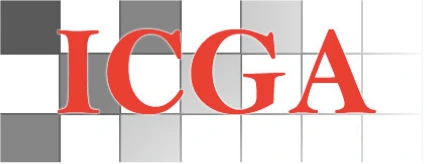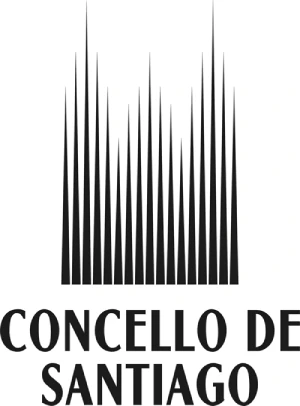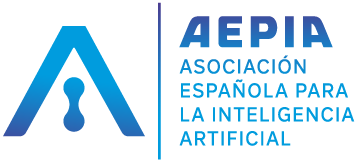The 50th Anniversary World Computer Chess Championships
ECAI is proud to host the 50th anniversary of the first World Computer Chess Championship (WCCC). This event, part of the longest ongoing experiment in computer science history, will be the last one, a reflection on the success that annual computer chess tournaments have had for spurring on artificial intelligence (AI) research.
There will be four events of interest to ECAI attendees:
Chess: History, Experiments, and Search Symposium (CHESS). Many of the computer chess pioneers will be at ECAI to celebrate their contributions to AI research and the 50 years of WCCCs. Some of the attendees participated in the inaugural 1970 computer chess tournament! (October 23 afternoon).
World Computer Chess Championship. In this event, there are no hardware limitations on participants. Some might use just a laptop; others might run on a 1,000 nodes and hundreds of GPUs. (October 21-24)
World Chess Software Championship. All participants use the same hardware, allowing for a meaningful assessment of the quality of the software. (October 19-20)
World Computer Speed Chess Championship. Games are less than 15 minutes in length. The fast action means they are a delight for spectators. (October 19-24)
These events are generously sponsored by ECAI 2024, Google DeepMind, and the International Computer Games Association ICGA.
The history
In August 1970, six chess-playing programs and their developers gathered in New York to compete in the 1st United States Computer Chess Championship. This important event in the history of AI research began a series of annual competitions that continues to this day, longer than any other experiment in computer science history.
In 1974, the first World Computer Chess Championship (WCCC) was held in Stockholm. The competition brought together world-class academics, company researchers, and home hobbyists to demonstrate the latest research developments in AI algorithms. This event and its successors spurred on competitors to generate new ideas and hone their programs annually, in preparation for these tournaments. This activity culminated in the 1997 victory of Deep Blue in its exhibition match against Garry Kasparov. Deep Blue (and its predecessors Chip Test and Deep Thought) were frequent competitors in the annual computer chess tournaments and in two WCCCs.
The 1974 event was such a success that the World Computer Chess Championships continue to this day, with the most recent competition being held in Valencia, Spain in July 2023. Whereas in 1974, the best programs were competing at a relatively low level of chess strength (1600 on the ELO scale), today they are well beyond superhuman (3600 ELO). Chess continues to be an important application for AI research (as well as in other fields), as demonstrated by DeepMind's breakthrough program MuZero (a successor of AlphaGo).
After 50 years, it's time to close this important chapter. The top programs are unbeatable by humans; making them stronger has no real research value. These programs rarely make a mistake. Most games between the programs end in a draw, reinforcing the generally accepted notion that perfect play in chess will lead to a draw. The next challenge? Solving chess! With an estimated 1045 states, this is a daunting challenge for hardware and software technology.



















